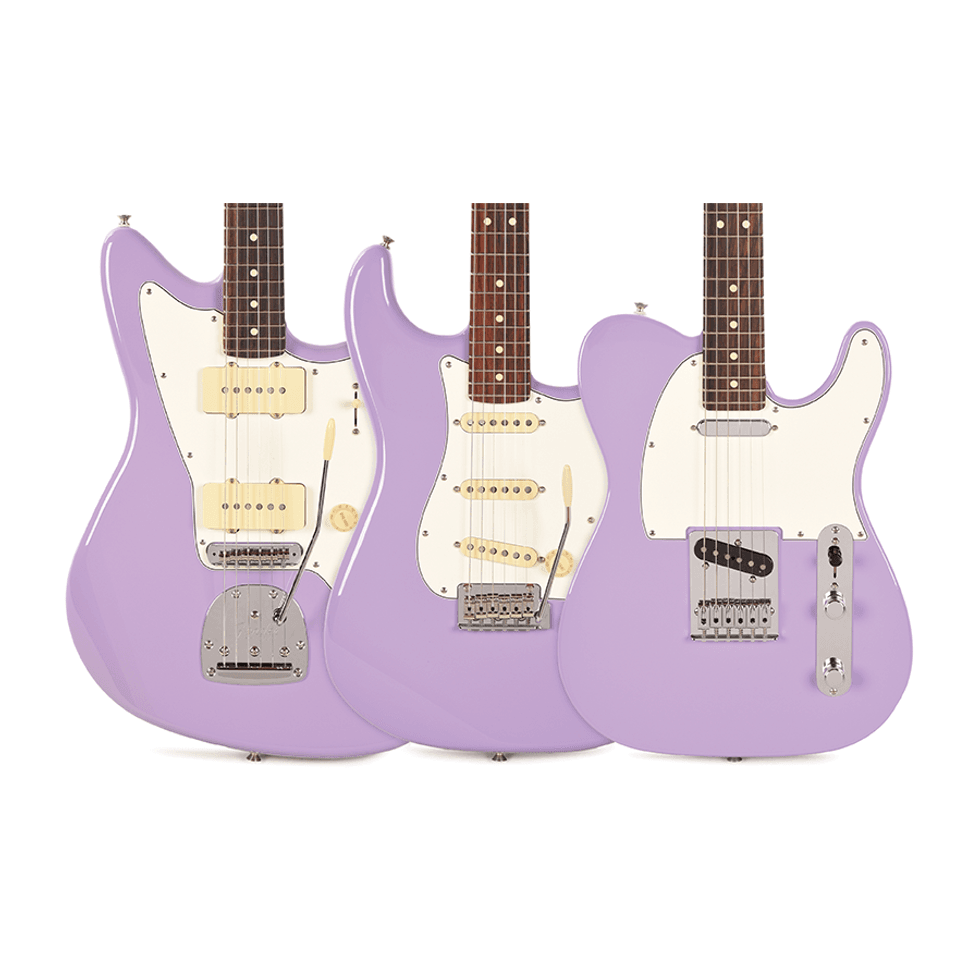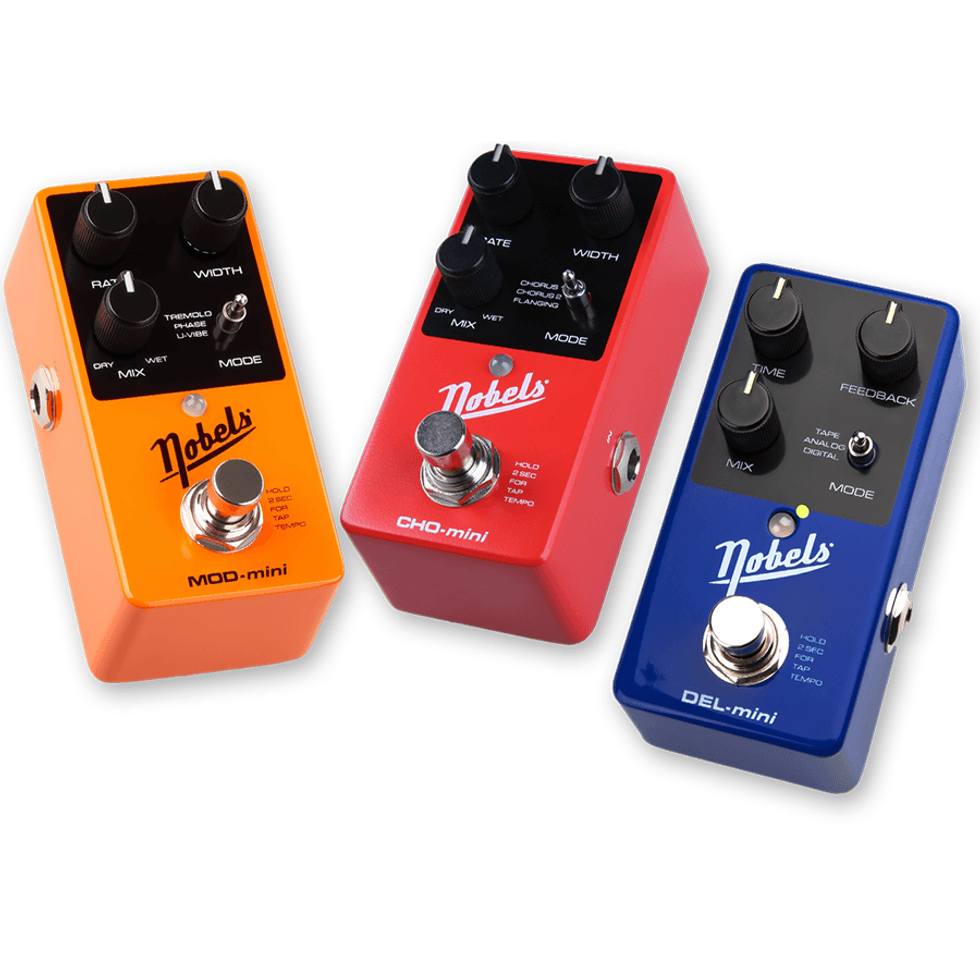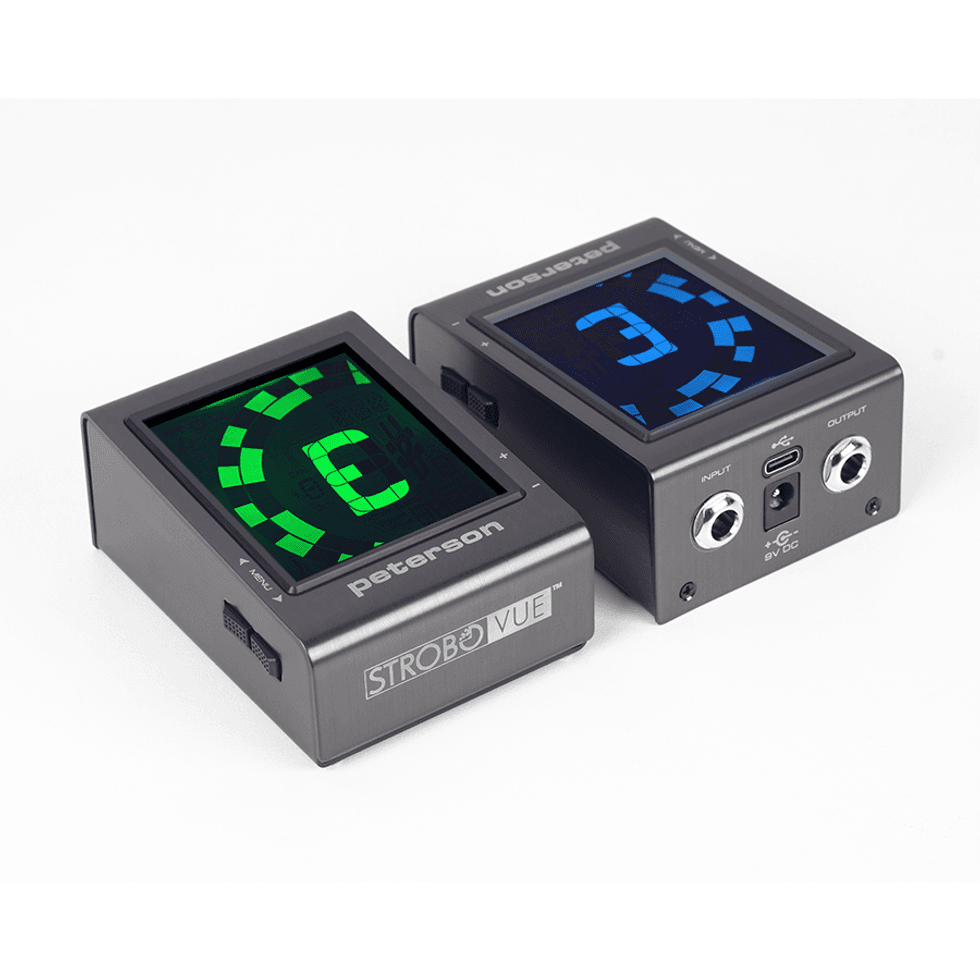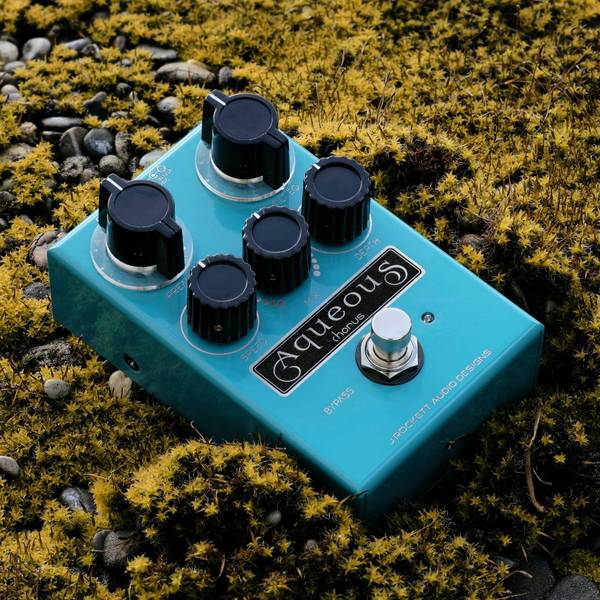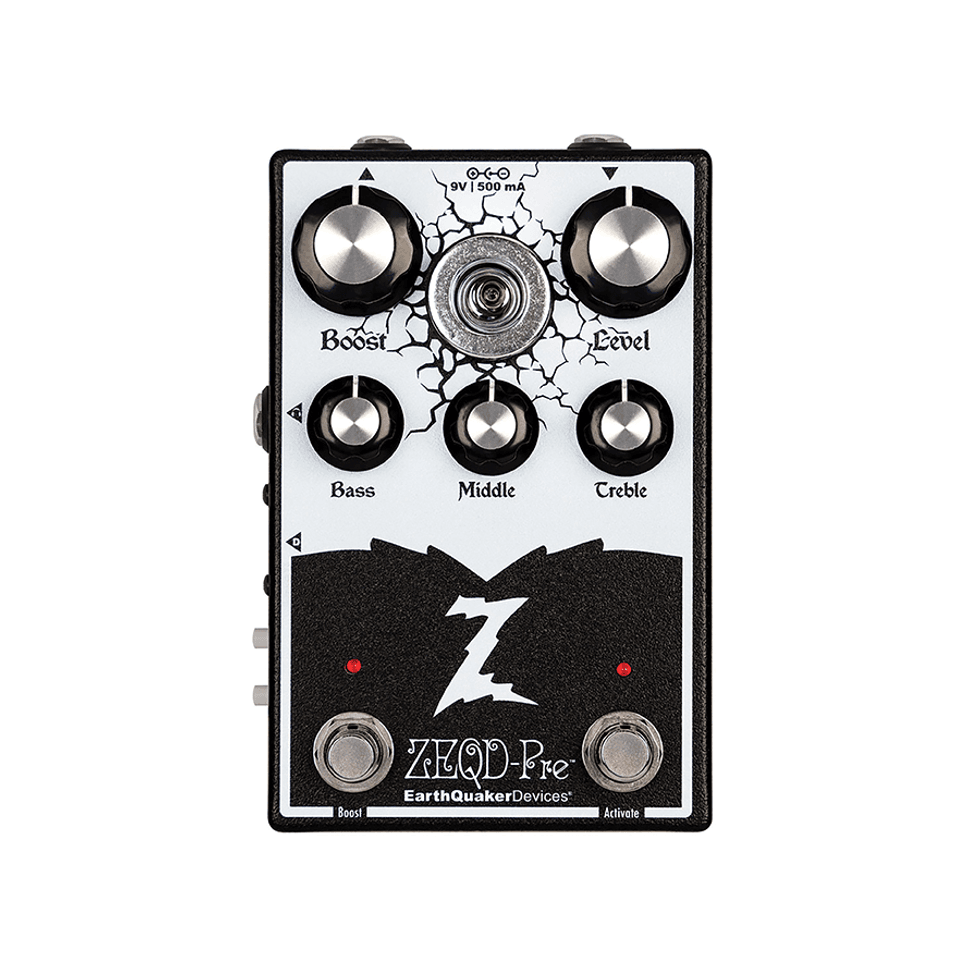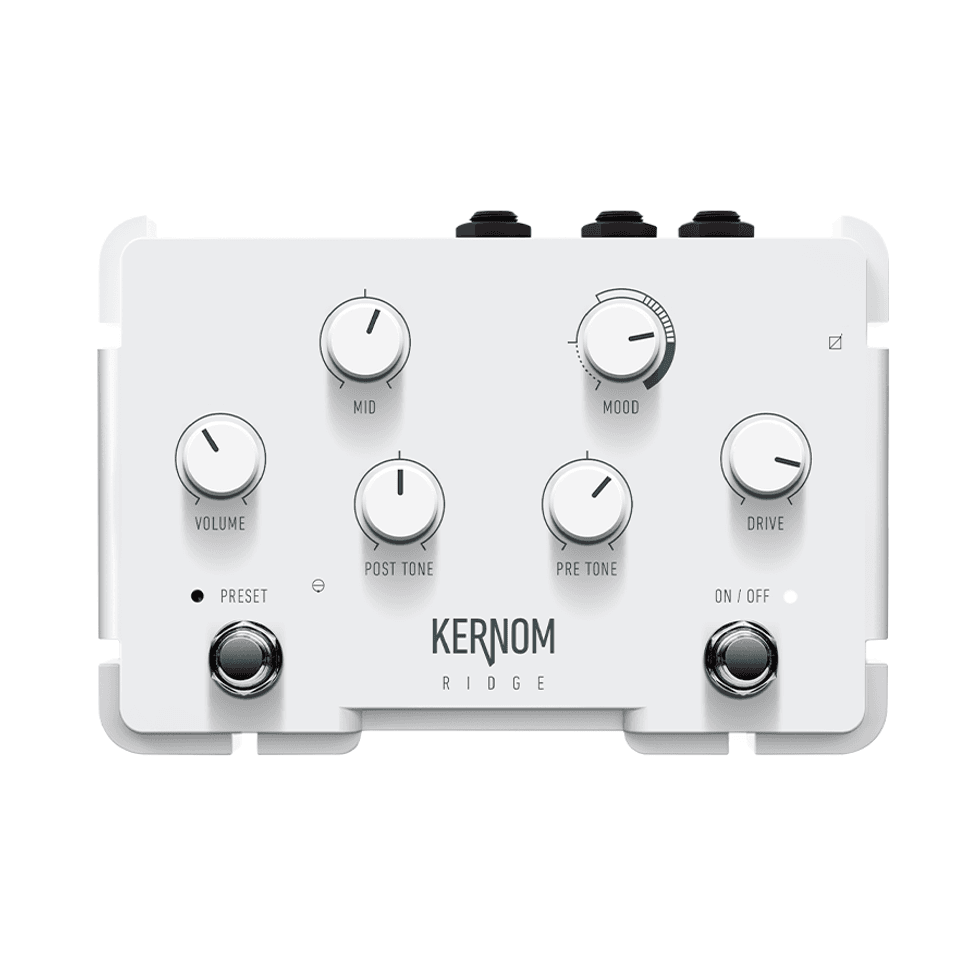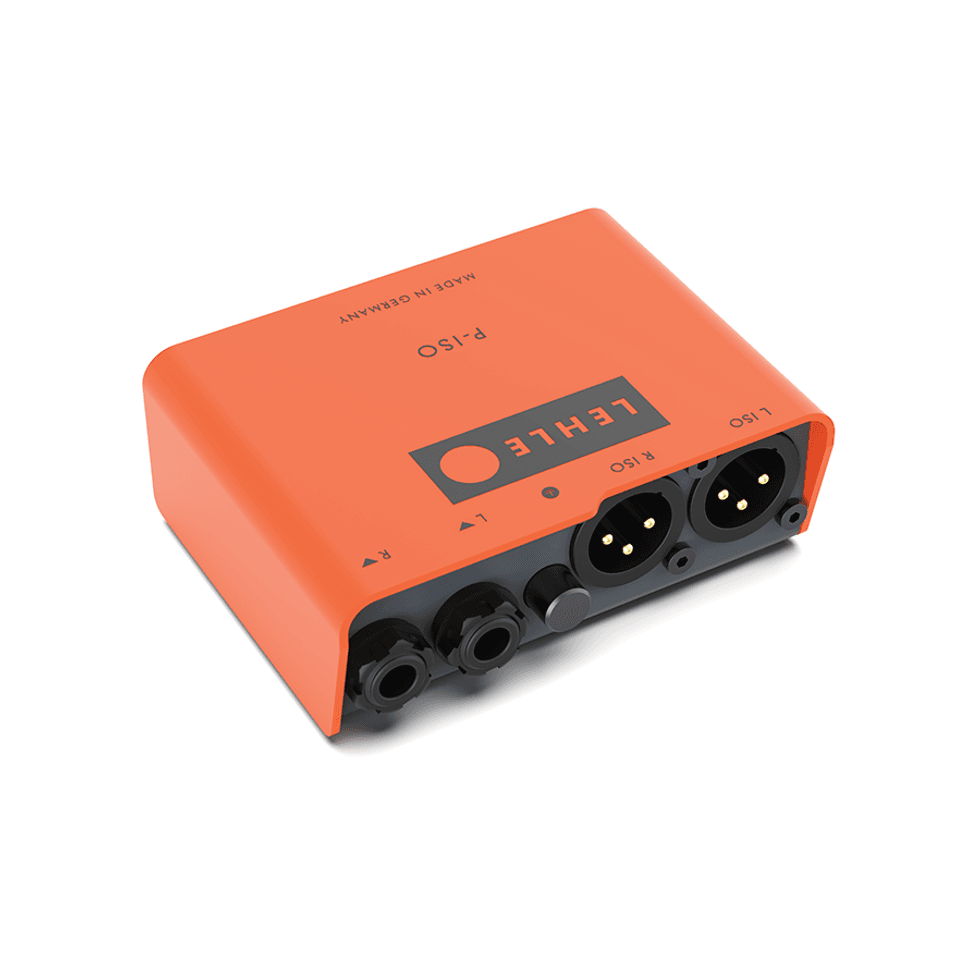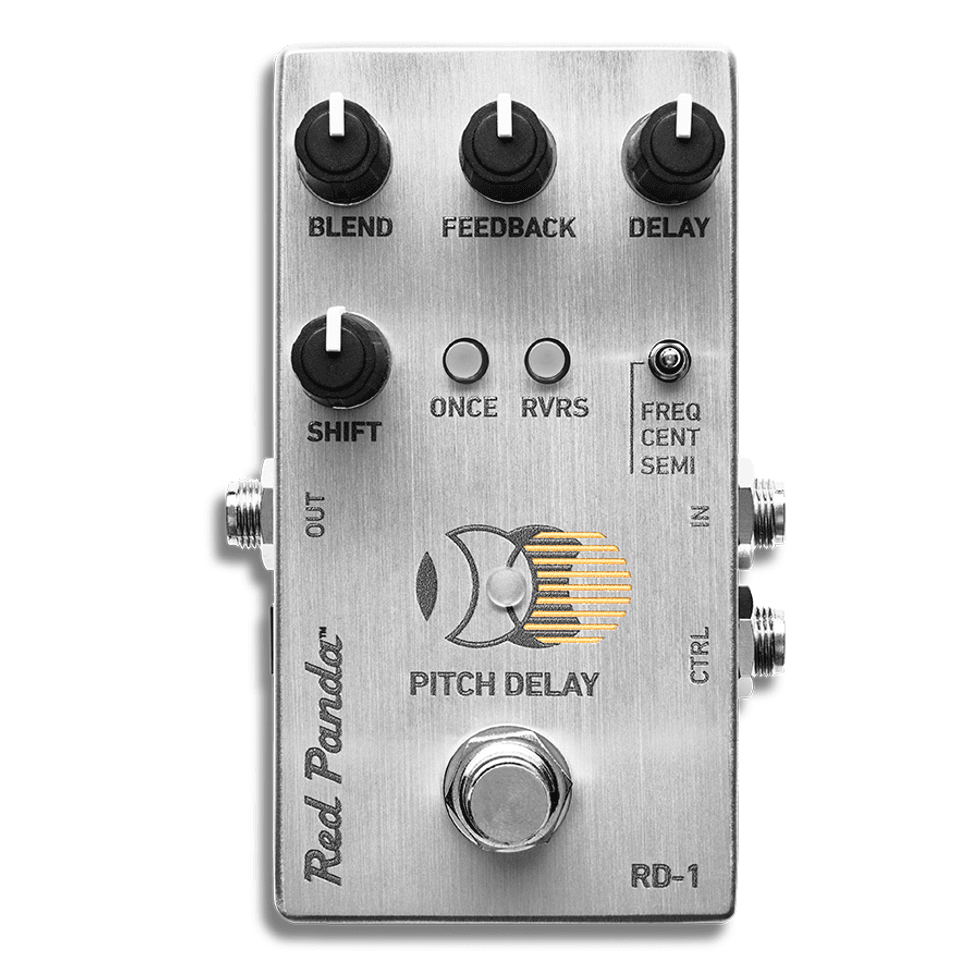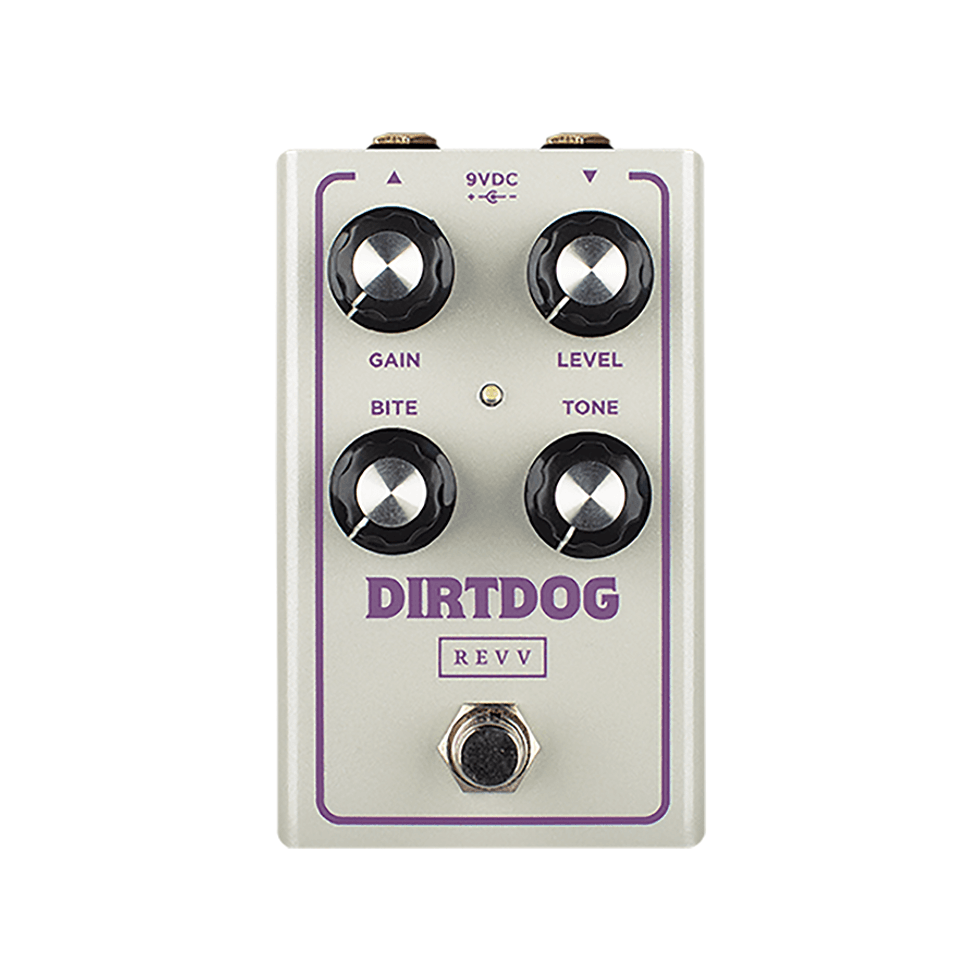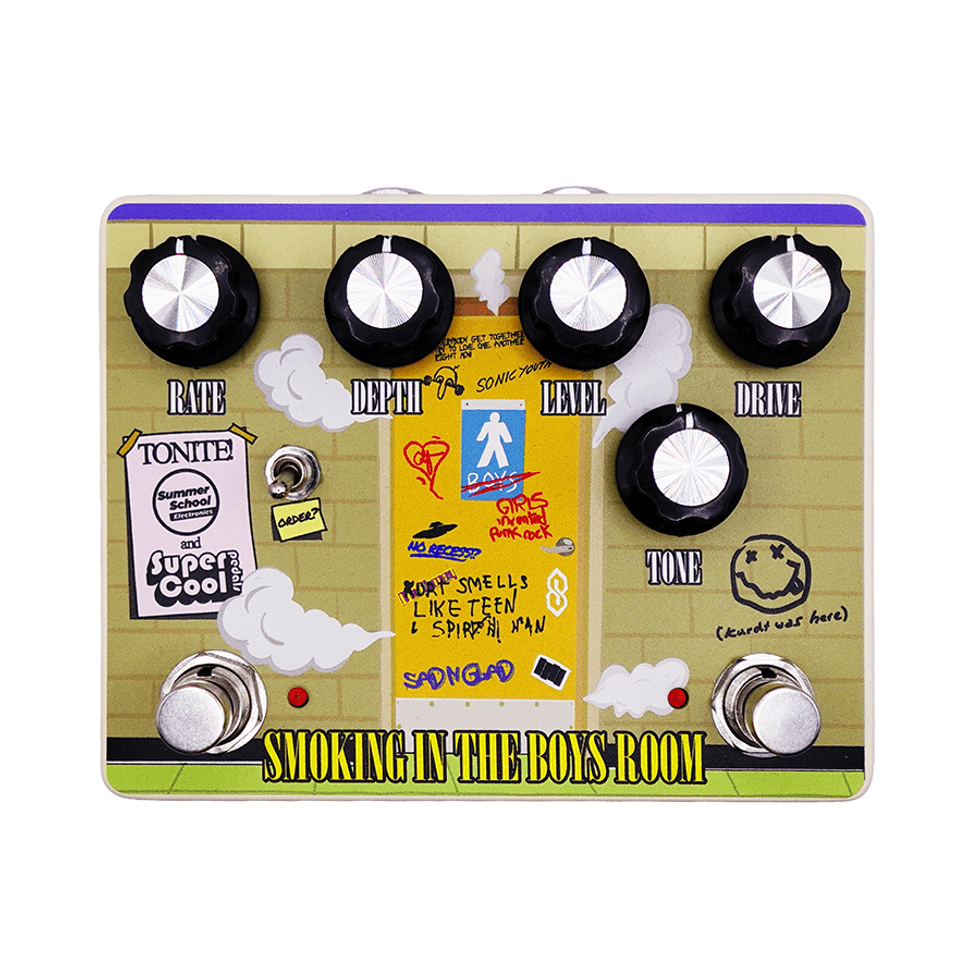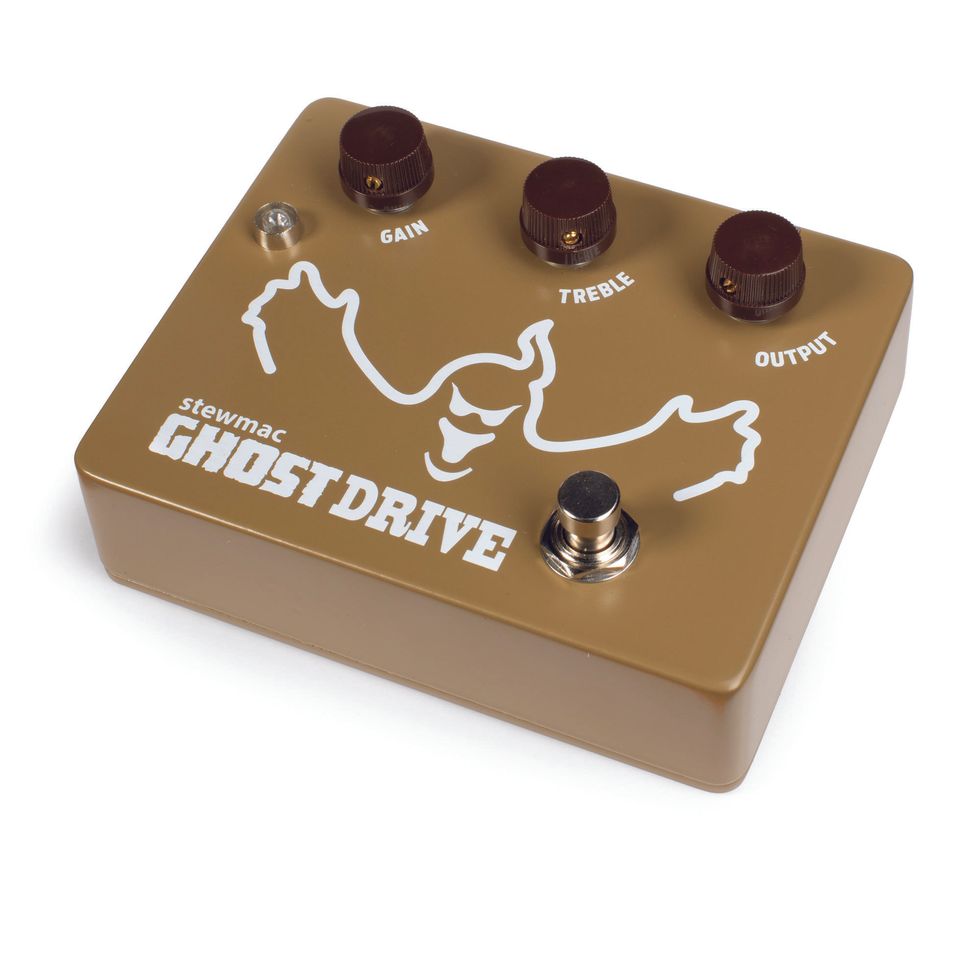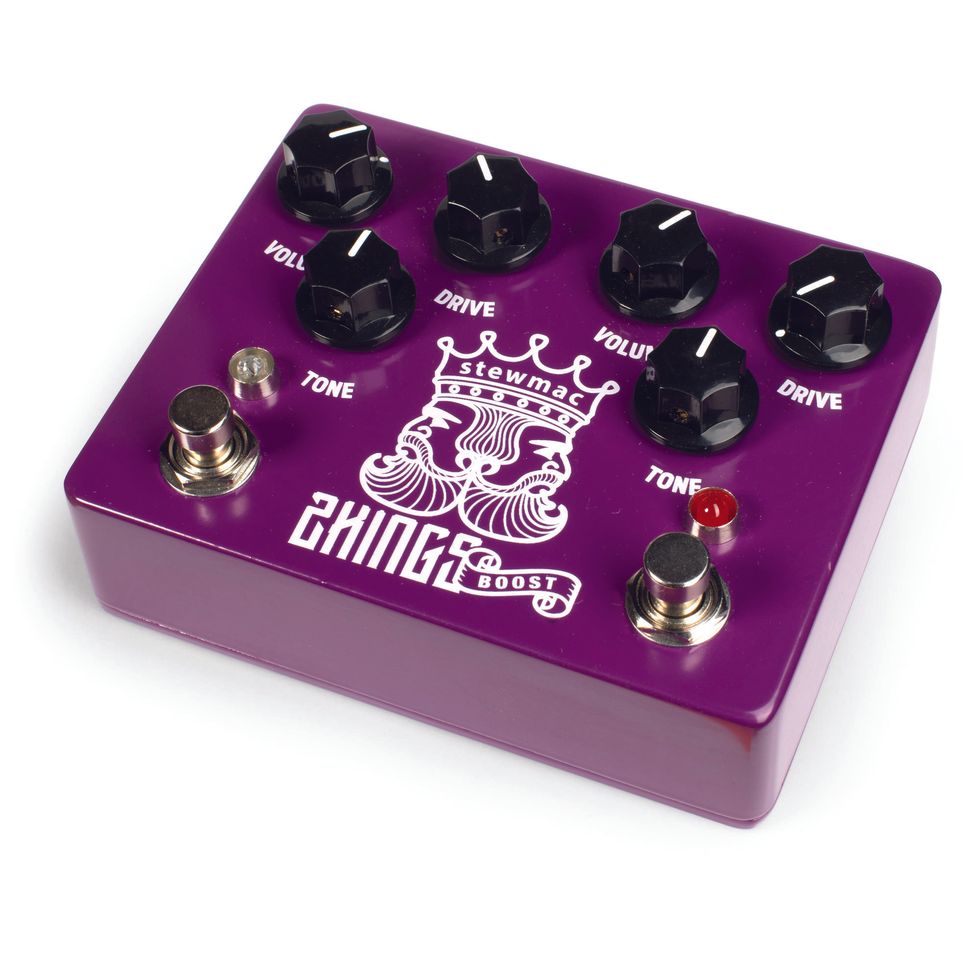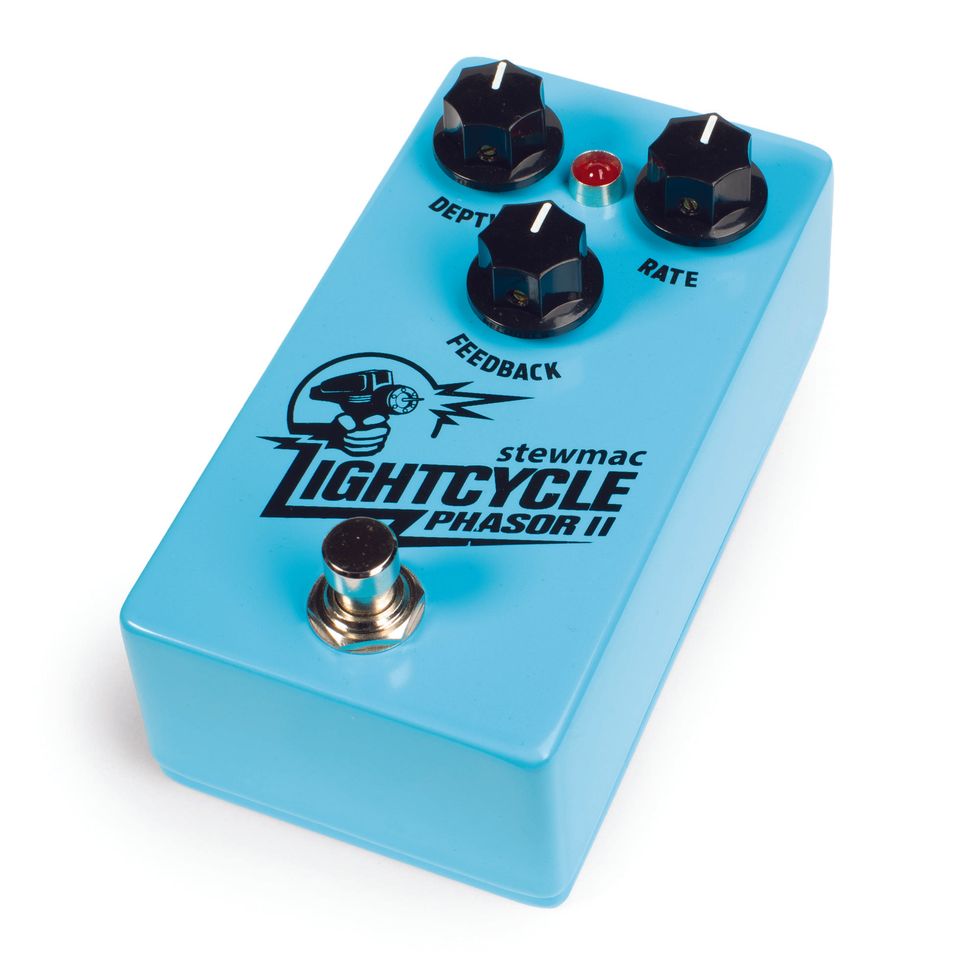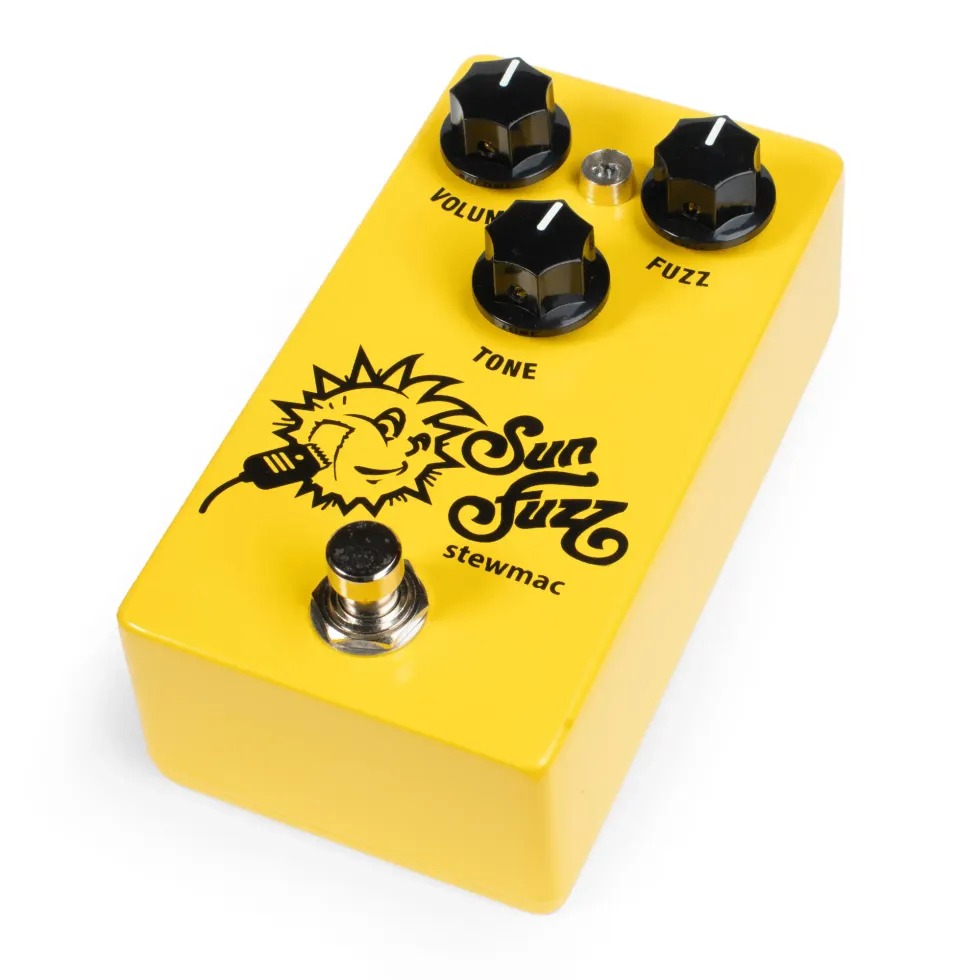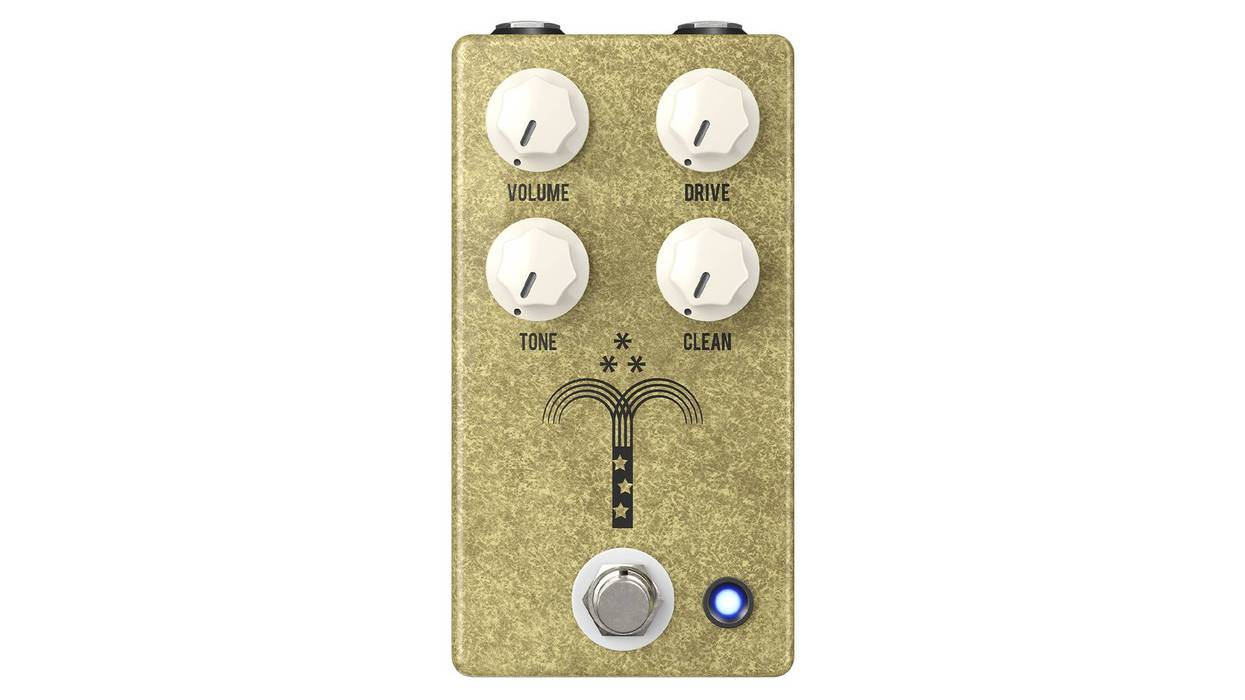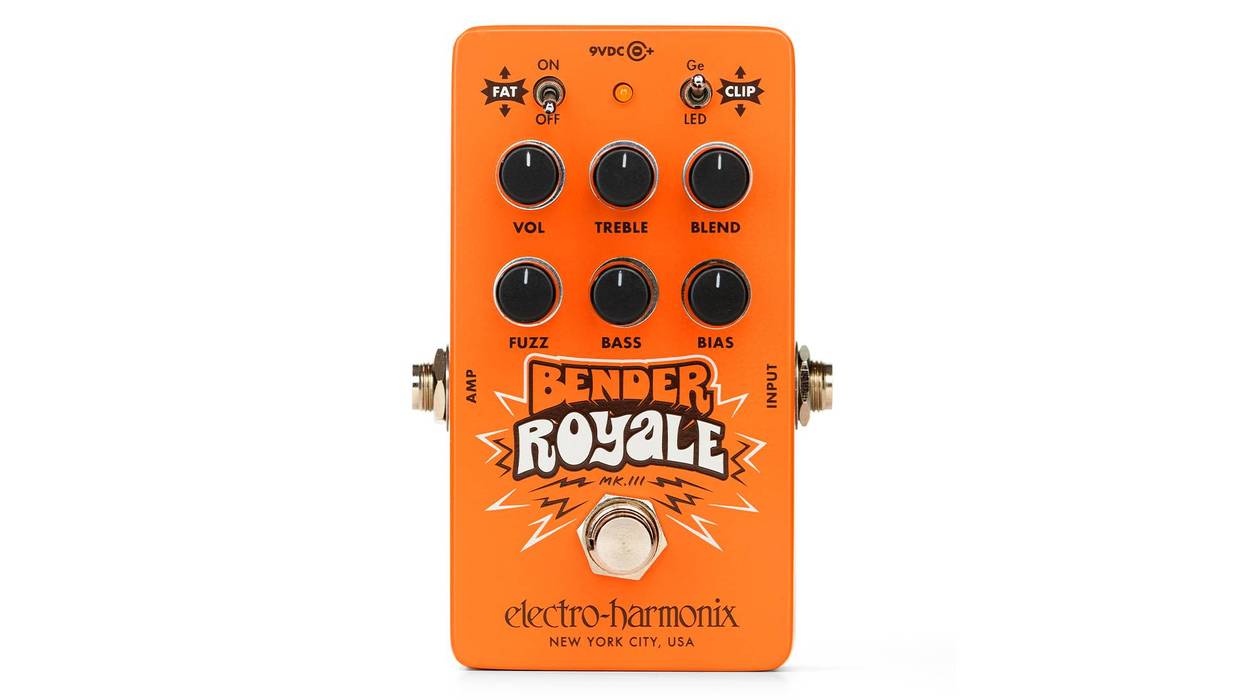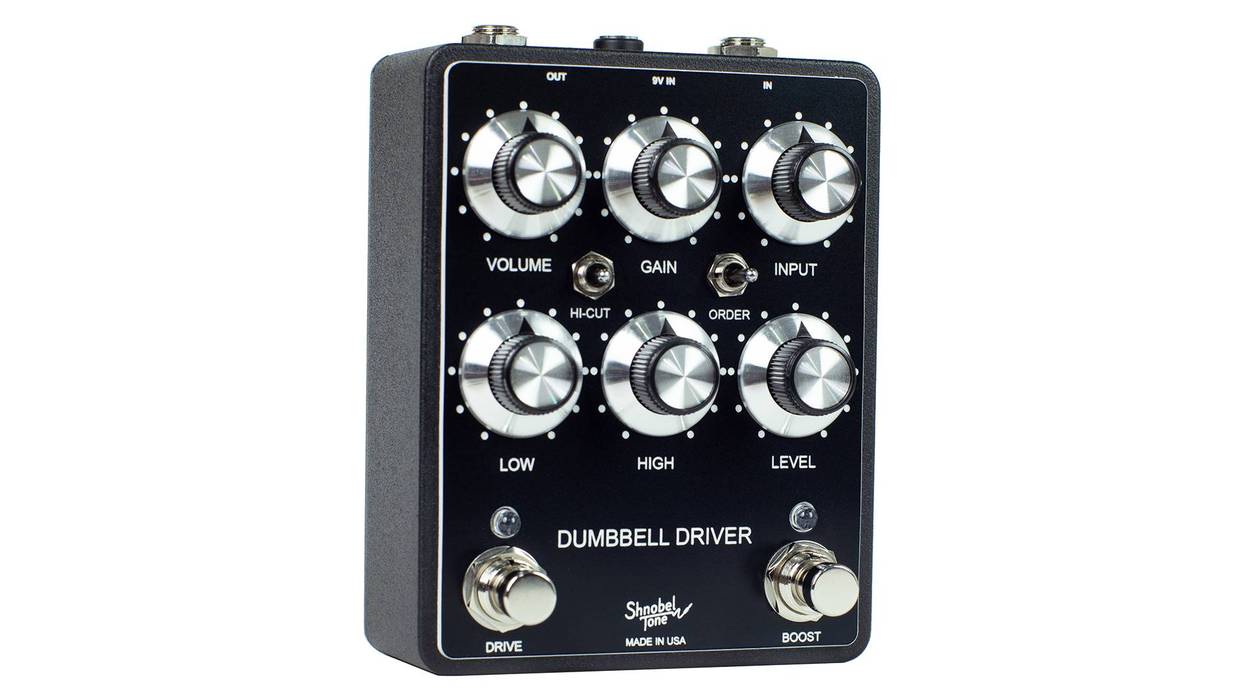Recorded using a Schroeder Chopper TL with Lollar pickups going into a Fender Hot Rod Deluxe IV miked with a Royer R-121 feeding an Apogee Duet going into Studio One with no EQ-ing, compression, or effects.
Both rhythm and lead guitars used the CompIQ with the ratio at noon, threshold at 9 o’clock, gain at one o’clock, knee toggle in the hard position, timing toggle in the slow position, and a fully wet mix.
RatingsPros:Many features packed into a tiny enclosure. Really nice country tones. Cons: Difficult to reach the upper toggle. Takes some time to learn how all the controls interact. Street: $167 Becos CompIQ Pro Compressor becosfx.com | Tones: Ease of Use: Build/Design: Value: |
The analog Becos CompIQ Mini Pro isn’t just another Ross clone. Because it’s centered on a Blackmer VCA (voltage control amplifier), the circuit offers more clarity and dynamic response than, say, an optical or FET-style comp. Packed in the tiny enclosure are three knobs that control ratio, threshold, and gain, along with two toggle switches for hard/soft knee and fast/slow timing, a 5-LED compression display, and a dry/wet mix knob.
The first thing I like to do with a compressor is see how well it delivers ’90s country squish, and the CompIQ doesn’t disappoint. It did take some trial-and-error tweaking to really learn how all the knobs work together, but that’s part of the fun, right? My T-style Schroeder felt right at home with a high ratio, low threshold, and just enough gain to push the signal past unity. The fast/slow timing toggle was intriguing because it controls an auto-adjusting timing circuit that changes the attack and release controls based on your playing style. It’s easy to see how the CompIQ Pro would be a welcome addition to any board—cramped or not.
Test gear: Schroeder Chopper TL, PRS Zach Myers SE, Bad Cat 15R









